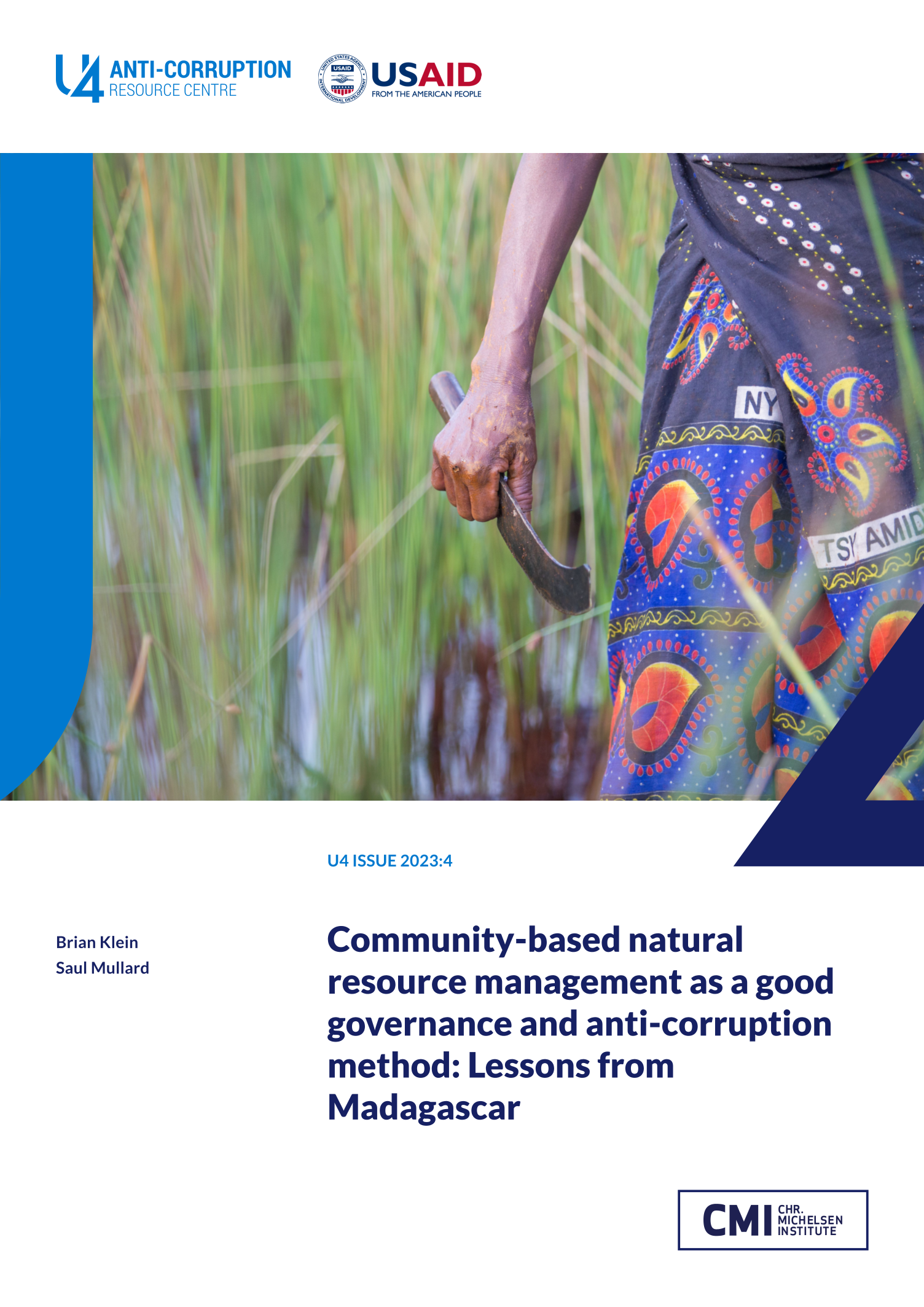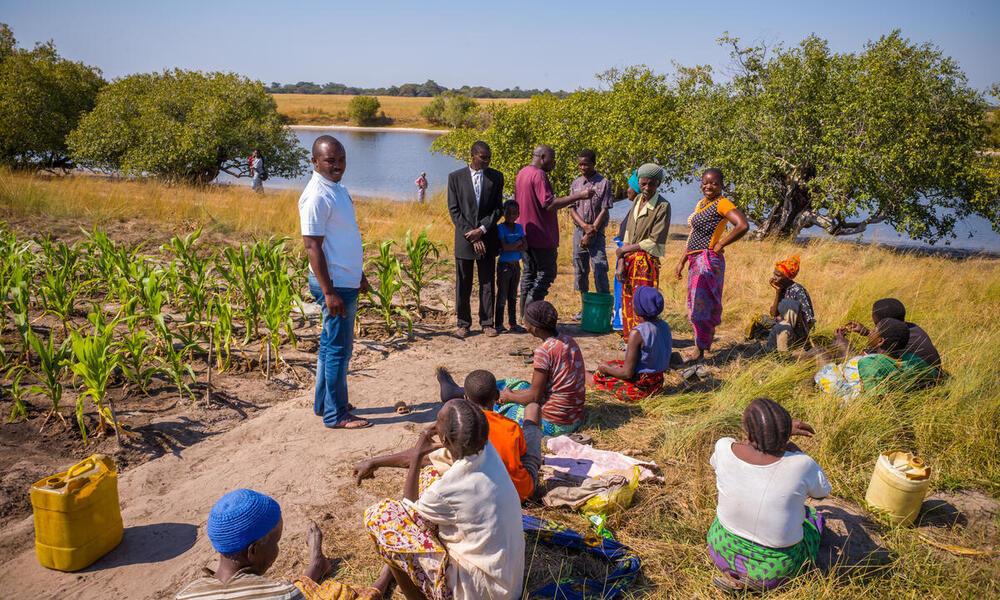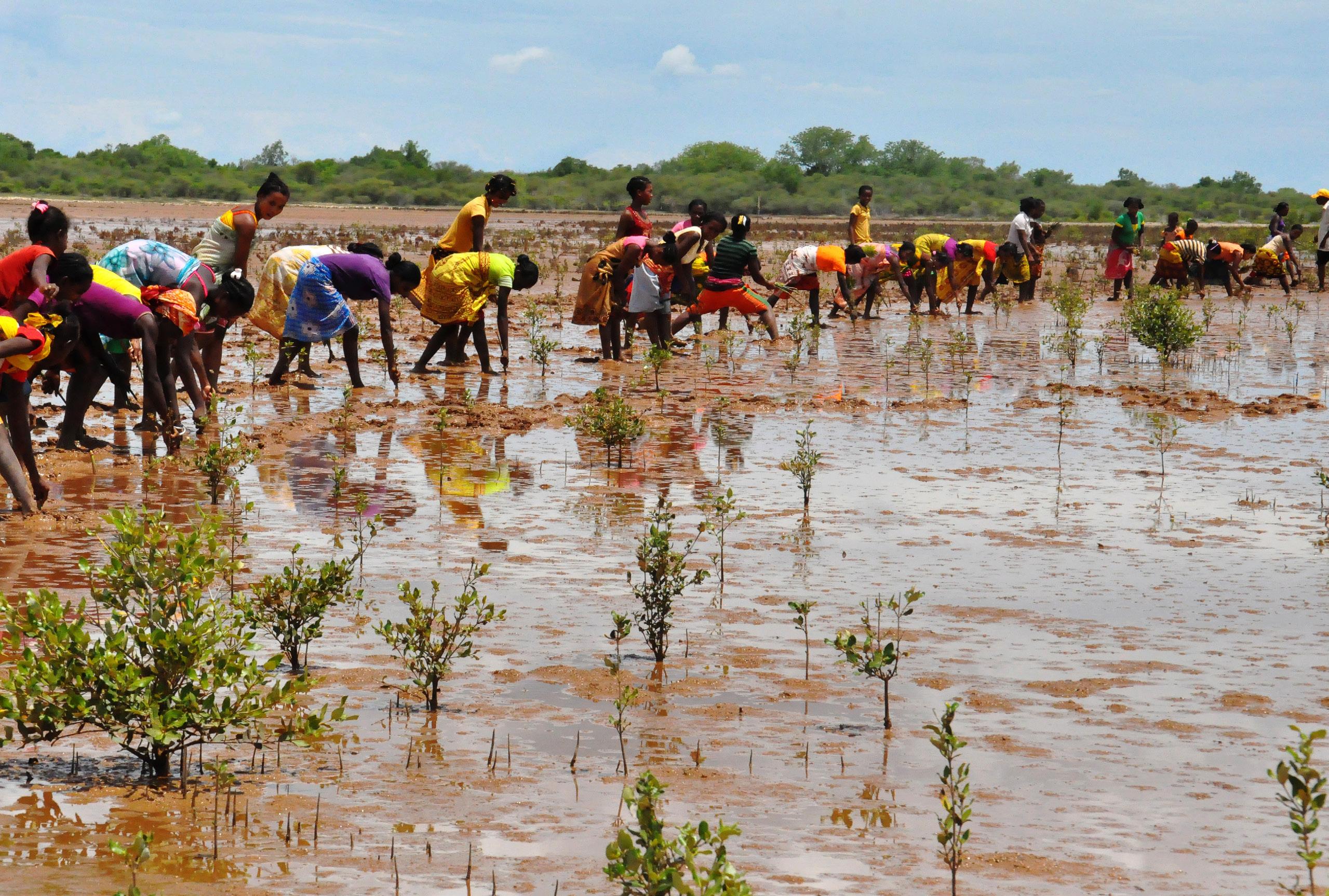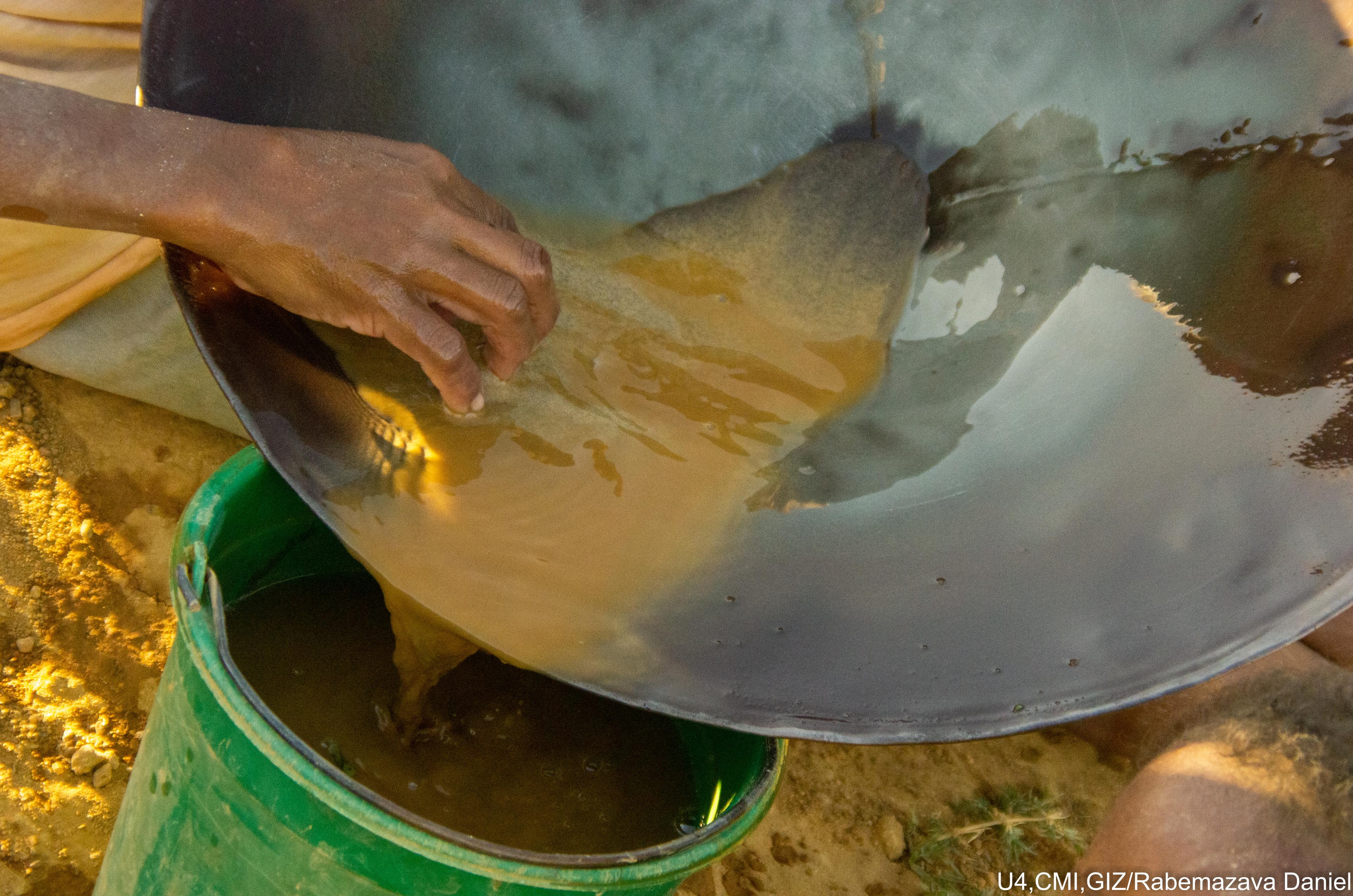Main points
- A shared understanding of corruption among different stakeholders is crucial to successful anti-corruption and conservation efforts. Presenting open and transparent budgets of non-governmental organisation (NGO) projects can help in explaining the costs of conservation to local communities can help to avoid misconceptions that can result in allegations of corruption.
- In contexts of systemic corruption, ensuring the effectiveness of community-based natural resource management (CBNRM) requires careful design. Participants in CBNRM should be compensated for their time and risk with real wages above the poverty line.
- Understanding the common pitfalls in community-based approaches can help to improve programme design that takes into consideration social and political dynamics. In project design it is paramount to protect local community members who participate in programmes to combat corruption and environmental crime from retribution by implicated neighbours or vested interests.
- Trust is well established as a vital aspect of successful anti-corruption interventions. Building understanding and trust between conservation NGOs, government, and local communities is important for generating shared understandings of ‘corruption’ and strengthening anti-corruption and conservation outcomes.
- Community-based anti-corruption and conservation efforts need to be supported by higher- level changes to ensure the appropriateness of environmental restrictions, consistent enforcement across different institutions and authorities, and fairness of judicial processes.



